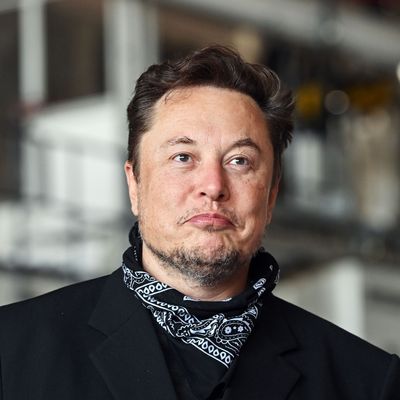
When Hertz announced last week that it had contracted with Tesla to order 100,000 of its cars, it appeared to mark a major milestone for both companies — and an unmistakable sign of the mainstreaming of electric vehicles in America. Tesla stocks surged on the news; its market capitalization hit the $1 trillion mark, and CEO Elon Musk’s unimaginable wealth swelled even further, surpassing $300 billion. (He is now the world’s richest person by far.)
But on Monday evening, Musk clarified via Twitter — his favorite forum for moving markets with a few keystrokes — that the deal maybe wasn’t actually quite a deal.
“I’d like to emphasize that no contract has been signed yet,” Musk tweeted. “Tesla has far more demand than production, therefore we will only sell cars to Hertz for the same margin as to consumers. Hertz deal has zero effect on our economics.”
This seemed to be news to Hertz, which recently emerged from bankruptcy. A spokesperson told the Wall Street Journal, “As we announced last week, Hertz has made an initial order of 100,000 Tesla electric vehicles and is investing in new EV charging infrastructure across the company’s global operations. We are seeing very strong early demand for Teslas in our rental fleet, which reflects market demand for Tesla vehicles.”
Despite Hertz’s quasi-assurances, Tesla stocks dipped on Tuesday morning, losing $40 billion in value, at least temporarily. Perhaps surprisingly, Hertz stock actually rose in the late morning after an initial decline.






























